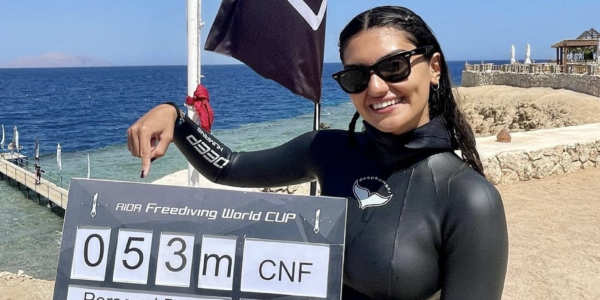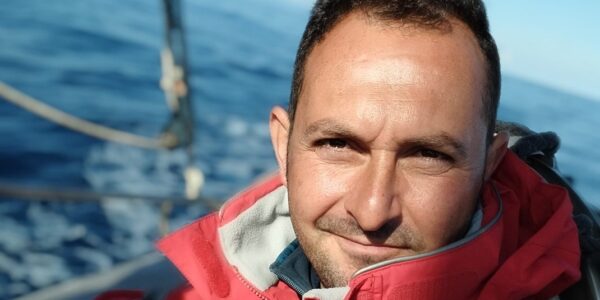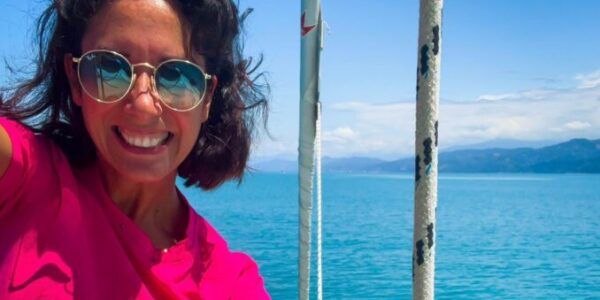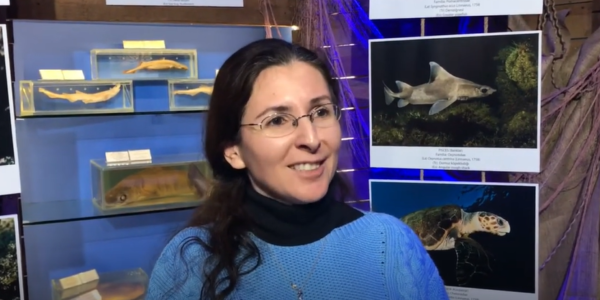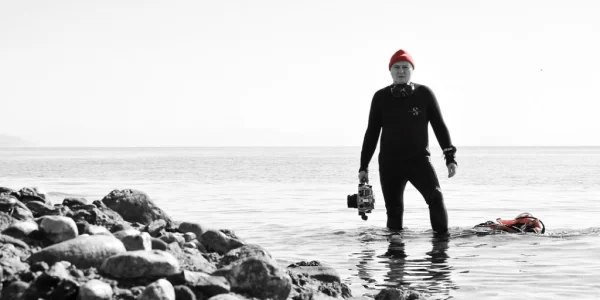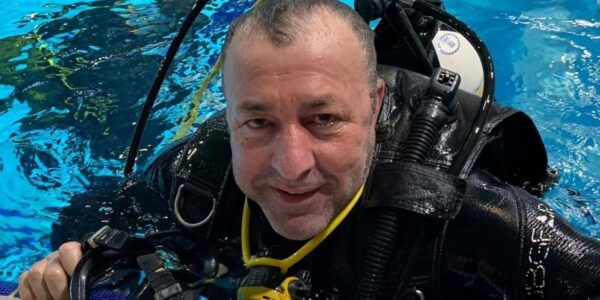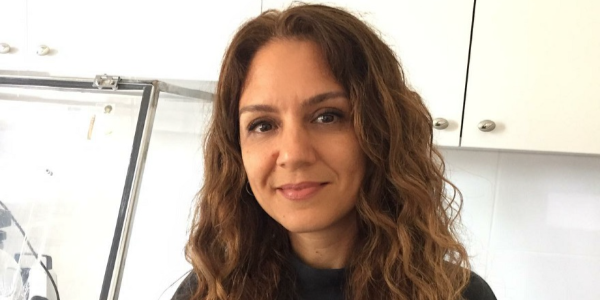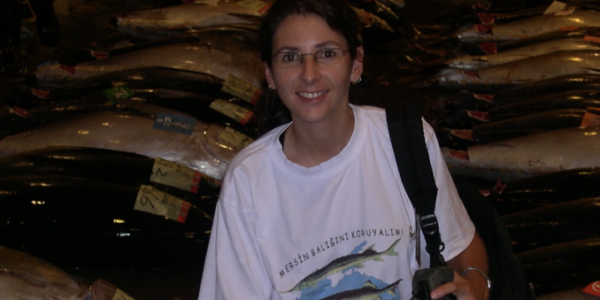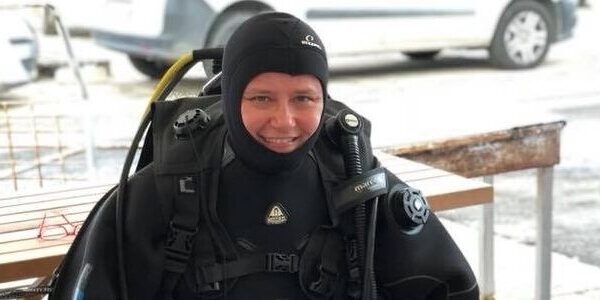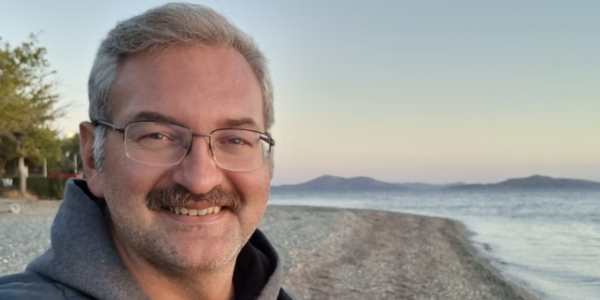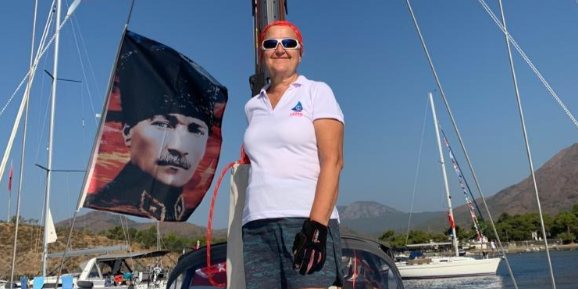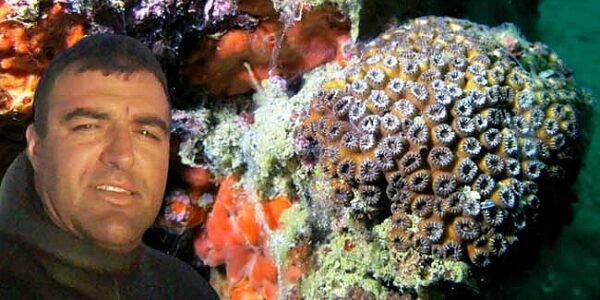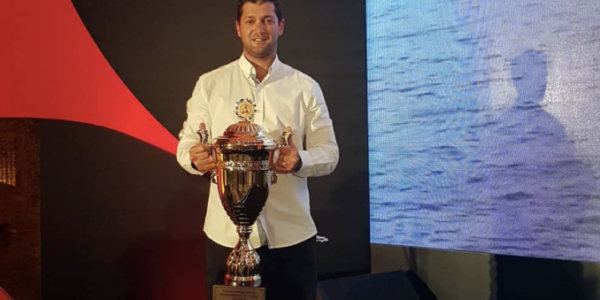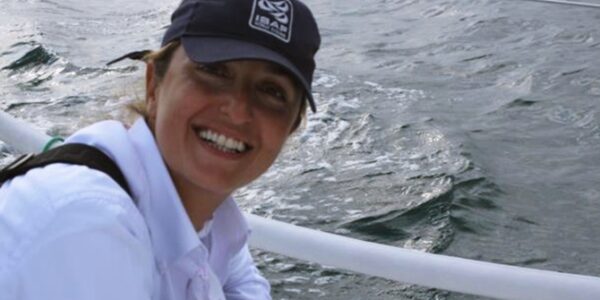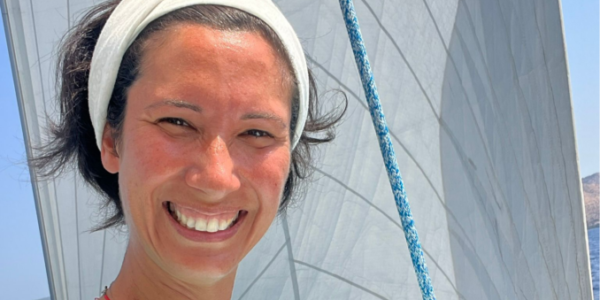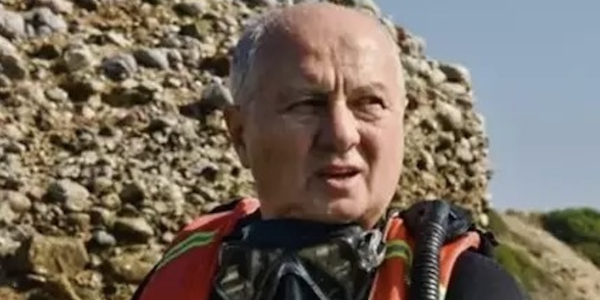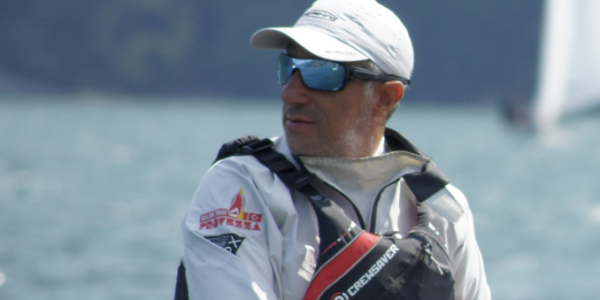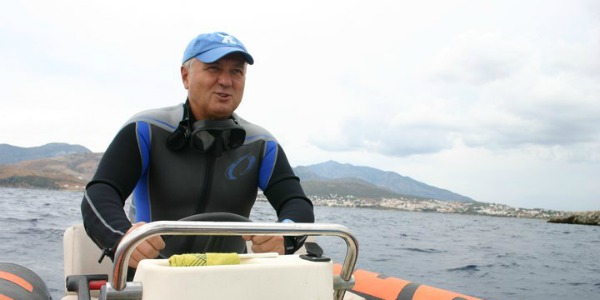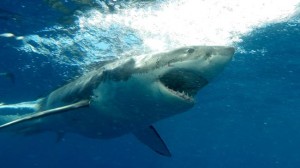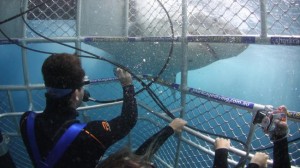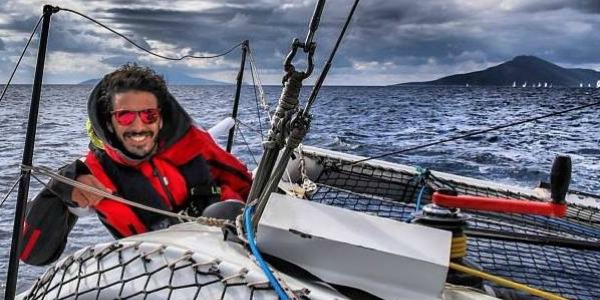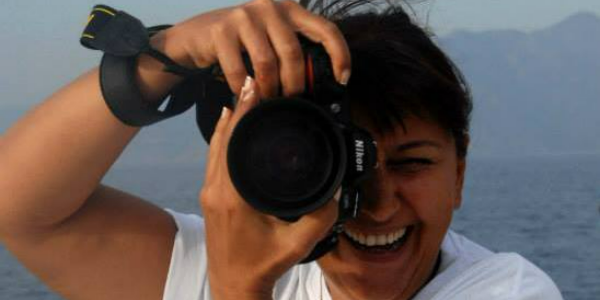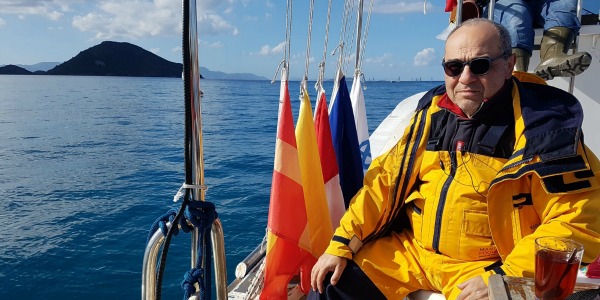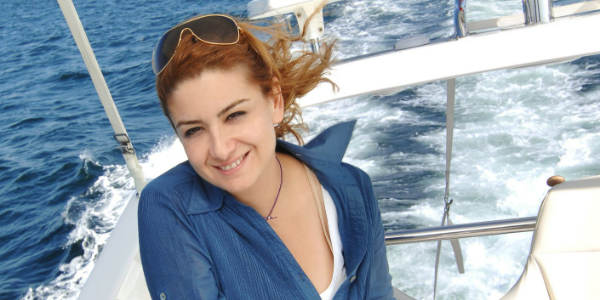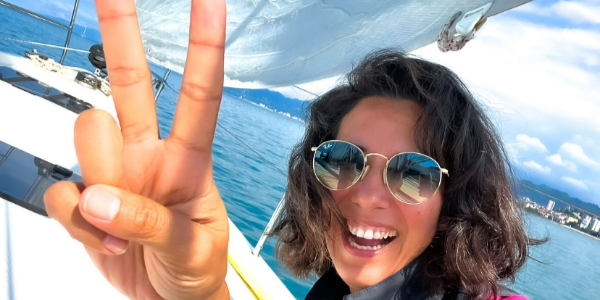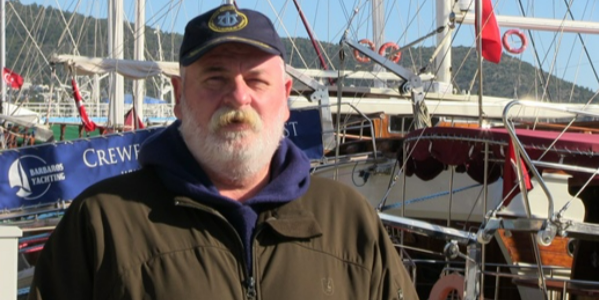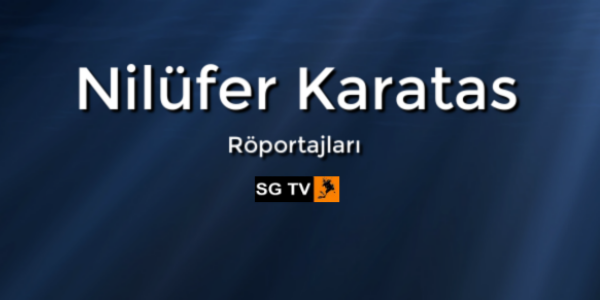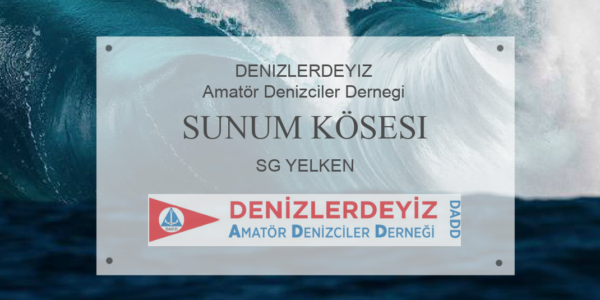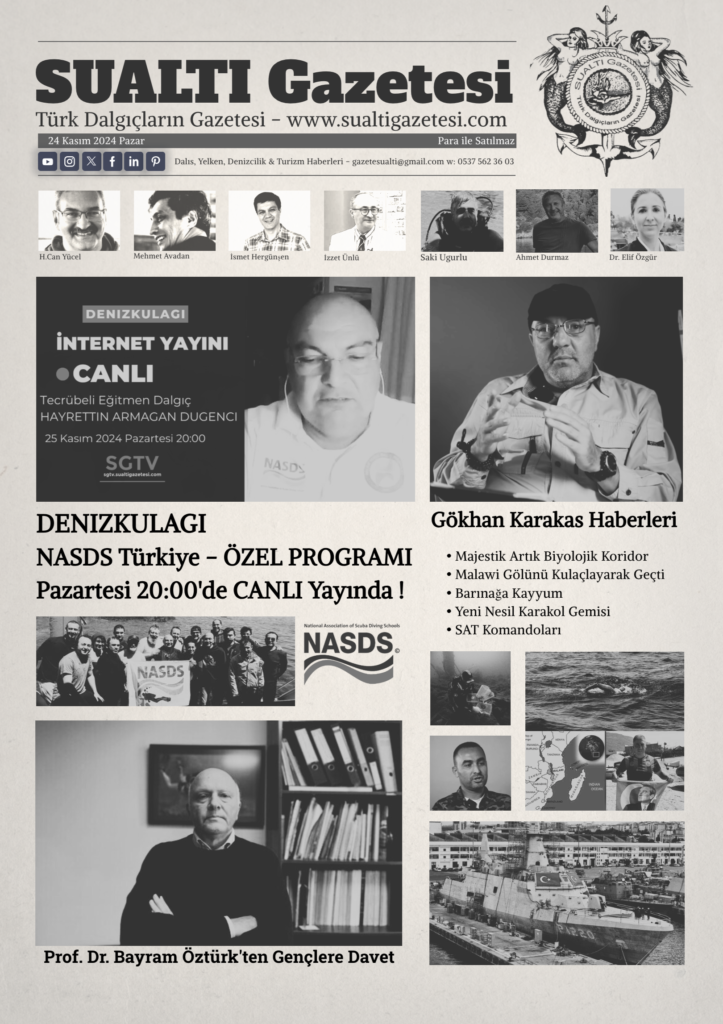ARE sharks the new dolphins?
A new study involving Flinders University shark experts shows that the more people dive with great whites the more likely they are to have a favourable view of the animals, similar to that traditionally reserved for dolphins and whales.
SA is one of only a handful of places on Earth where people can view white sharks, with three businesses running cage-diving operations at the Neptune Islands.
A total of 136 divers completed a survey for the study, carried out by Flinders and Southern Cross universities, with results reflecting a changing attitude towards sharks.
Responses revealed a significant increase in “conservation-related behaviours” and a positive shift in participants’ understanding, awareness, attitudes and concern for sharks following their cage diving experience. In short — people who get into the water with sharks feel more inclined to protect them.
Flinders’ Southern Shark Ecology Group head, Associate Professor Charlie Huveneers said the study showed the shark tourism provided more than an adrenaline rush. “Sharks play important ecological roles in marine ecosystems, and improving human perception is key to increasing conservation awareness and behaviour,” Assoc Prof Huveneers said.
PhD candidate Kirin Apps, from the School of Environmental Science and Engineering at Southern Cross University, agreed. “Many are surprised by their experience,” Ms Apps said.
“They come with the idea that it’s going to be a scary experience, but they get out of the water and use words such as beautiful, peaceful and majestic; words they wouldn’t usually associate with sharks.
“There was a lot of respect for these animals once they saw them in the wild. Their emotional connection through engagement was one of the big things that changed their ideas about sharks.”
Tourism Minister Leon Bignell, who has been on a cage dive, said he understood how it could be a life-changing experience.
“They are the kings of the sea,” Mr Bignell said.
“Once you relax under water it becomes almost hypnotic, then this massive beast comes out of the darkness.”
Mr Bignell said that according to the most recent figures from 2016, Port Lincoln’s shark cage industry was worth $12.8m and provided 80 direct and indirect jobs. He said that 10,322 people went cage diving in 2016. Not everyone, however, is enamoured with the industry. The region’s abalone divers have long expressed concerns that shark cage diving “trained” great whites to associate boats with food.
Abalone Industry Association of SA president Jonas Woolford said he’d welcome more studies into how cage diving potentially changed shark behaviour.
“Understanding great white sharks and the important ecological role they play in marine ecosystems does need more emphasis,” Mr Woolford said.
“As does understanding their behaviour particularly with regard to thrillseeking shark cage diving. I wonder if they (survey participants) were questioned about whether their desire to ‘tick that one off the bucket list’ — whereby a protected great white shark is lured, teased and provoked into the cage … is a responsible activity in light of ethical conservation?”
Mr Woolford said a recent Senate inquiry into shark deterrents and mitigation concluded that more research needed to be done into the potential for cage diving to change shark behaviour.
“Our industry insists that precautionary principle be applied and the use of teaser baits be stopped in the absence of such research,” he said.
Originally published as It’s not trying to eat you, it’s just a friendly smile…
Source: News.AU
